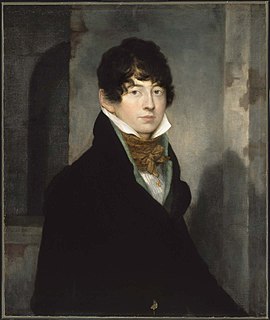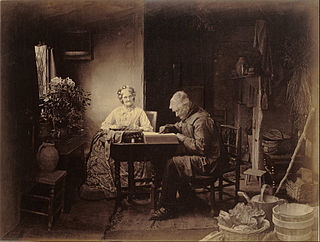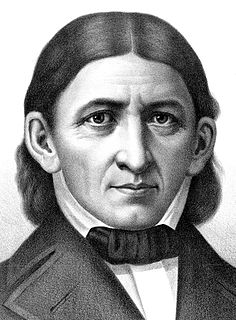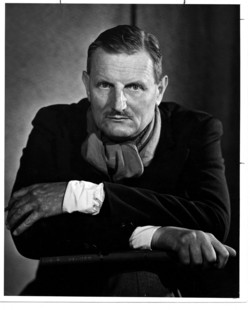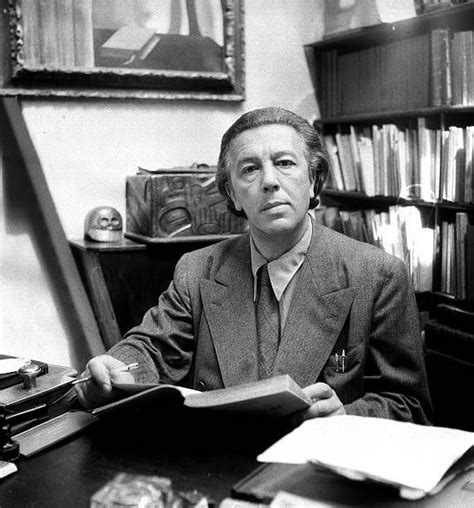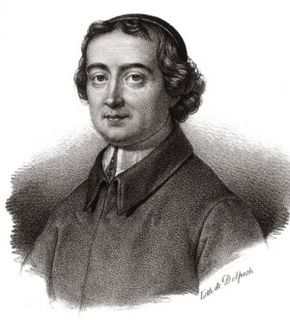A Quote by Washington Allston
If an Artist love his Art for its own sake, he will delight in excellence wherever he meets it, as well in the work of another as in his own.
Related Quotes
Clearly the hardest thing for the working artist is to create his own conception and follow it, unafraid of the strictures it imposes, however rigid these may be... I see it as the clearest evidence of genius when an artist follows his conception, his idea, his principle, so unswervingly that he has this truth of his constantly in his control, never letting go of it even for the sake of his own enjoyment of his work.
Socialism is the doctrine that man has no right to exist for his own sake, that his life and his work do not belong to him, but belong to society, that the only justification of his existence is his service to society, and that society may dispose of him in any way it pleases for the sake of whatever it deems to be its own tribal, collective good.
The mind grows by self revelation. In play the child ascertains what he can do, discovers his possibilities of will and thought by exerting his power spontaneously. In work he follows a task prescribed for him by another, and doesn't reveal his own proclivities and inclinations; but another's. In play he reveals his own original power.
When a person meets the half that is his very own, whatever his orientation, whether it's to young men or not, then something wonderful happens: the two are struck from their senses by love, by a sense of belonging to one another, and by desire, and they don't want to be separated from one another, not even for a moment.
And so, when a person meets the half that is his very own, whatever his orientation, whether it's to young men or not, then something wonderful happens: the two are struck from their senses by love, by a sense of belonging to one another, and by desire, and they don't want to be separated from one another, not even for a moment.
The master in the art of living makes little distinction between his work and his play, his labor and his leisure, his mind and his body, his information and his recreation, his love and his religion. He hardly knows which is which. He simply pursues his vision of excellence at whatever he does, leaving others to decide whether he is working or playing. To him he's always doing both.
Norman Rockwell spent his career painting pictures that helped people understand their own feelings...pictures that enriched their own experiences and celebrated their own lives. But the art establishment branded him an 'illustrator', a sentimental one at that. Real artists, they said were doing art for art's sake, not for the sake of the bourgeois public. Real artists were putting swiggles, smears or daubs of paint on the canvas. They were doing 'innovative' and 'creative' work. If they were hideous and grotesque; we know that's what life really is!
Cookery is a wholly unselfish art: as 'art for art's sake' it is unthinkable. A man may sing in his bath every morning without the least encouragement, but no cook can cook just for his or her own sake in a like manner. All good cooks, like all great artists, must have an audience worth cooking for.
